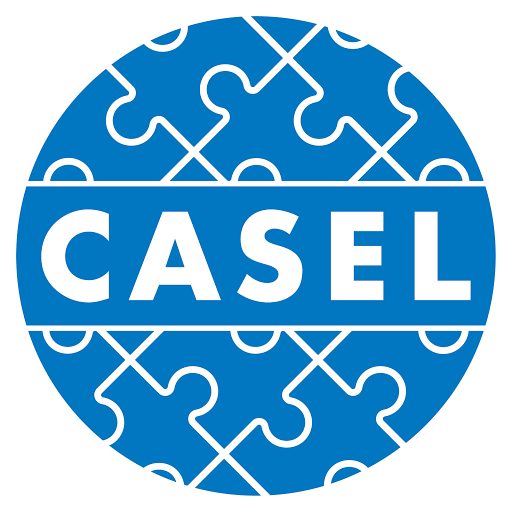SEL is for everyone
Learning and practicing self-awareness, self-management, social awareness, relationship skills, and responsible decision-making creates a foundation for any goal you hope to achieve — whether it relates to school, career, family, or civic life. That’s why SEL is important for all students no matter their academic levels, ability types, behavior records, or home lives. In fact, SEL isn’t limited to students. It also helps adults examine their own feelings and thoughts, manage stress, collaborate with colleagues, navigate different perspectives, and make caring choices.
Key takeaway: Take a systemic approach to SEL that actively involves all students and adults in learning and practicing social and emotional competencies.
SEL draws from brain science
SEL is grounded in science. A large body of research across multiple countries shows the impact of SEL on a wide range of outcomes that support students’ success and well-being. Focused on what we learn and how we learn, SEL draws from brain science and practical implementation to highlight how best to promote healthy development. Research has shown that we think and learn best when we have supportive relationships, feel a sense of security and belonging, and have opportunities to develop and practice our social, emotional, and cognitive skills across many different contexts.
Key takeaway: Ensure SEL implementation stays true to the science by using evidence-based programs and continuous improvement processes.
SEL increases students’ academic performance
SEL bolsters academic learning. One important outcome of SEL is that it increases students’ academic performance. SEL builds skills that boost academic achievement in core subject areas while creating the relationships and environments that are most conducive to learning. In fact, 93% of teachers want a greater focus on SEL in schools because they know that it improves students’ academic performance, classroom behaviors, and attitudes about school.
Key takeaway: Look for indicators of SEL in classrooms and schools, including supportive classroom environments, SEL integrated into academic instruction, and explicit teaching of SEL.
SEL is about students, educators, families, and communities working together
SEL extends across schools, homes, and communities. SEL is about students, educators, families, and communities working together to create learning experiences and environments that best promote social, emotional, and academic growth. Rather than the work solely of teachers or parents, this coordination ensures students have consistent opportunities to learn and practice SEL across all the places where they live and learn. This also means that SEL isn’t one-size-fits-all, but that school-family-community partnerships determine the shared vision, goals, and plans for SEL in their communities.
Key takeaway: Partner with students, families, and community partners to develop SEL plans and continuously improve implementation.
By aligning around a clear and consistent definition of SEL, we can bring together coalitions of students, schools, families, and communities to underscore why this work is so important. Together, we can create the learning opportunities and environments that all students deserve.
This article originally appeared on Medium , reprinted courtesy of Collaborative for Academic, Social, and Emotional Learning (CASEL) .
CASEL is a nonprofit, nonpartisan leader in social and emotional learning (SEL), whose mission is to help make evidence-based SEL an integral part of education from preschool through high school.

